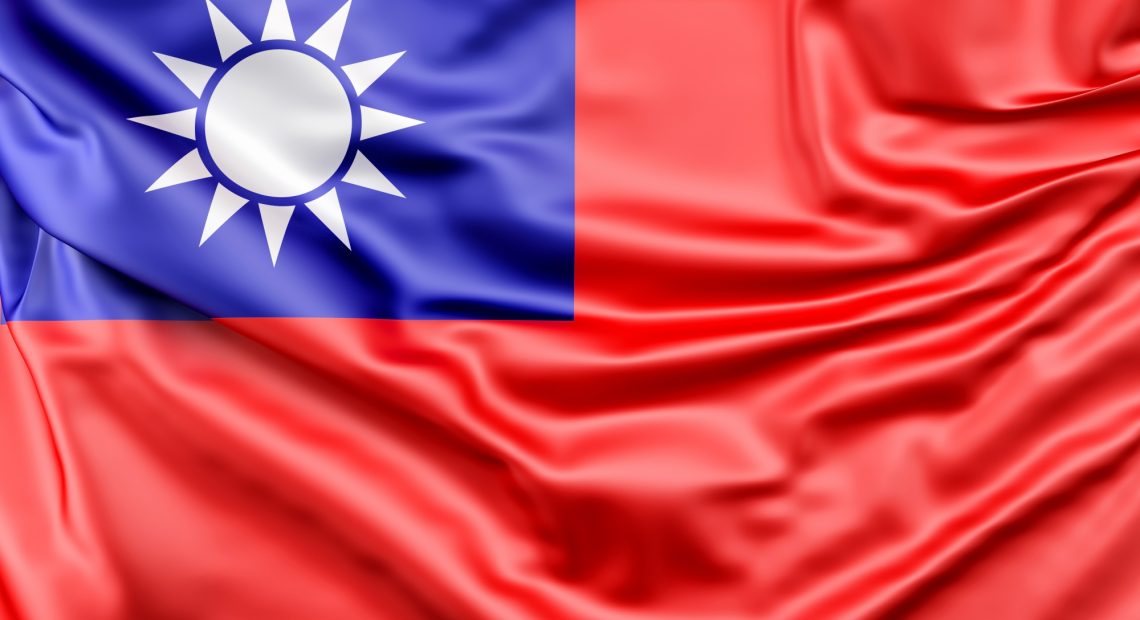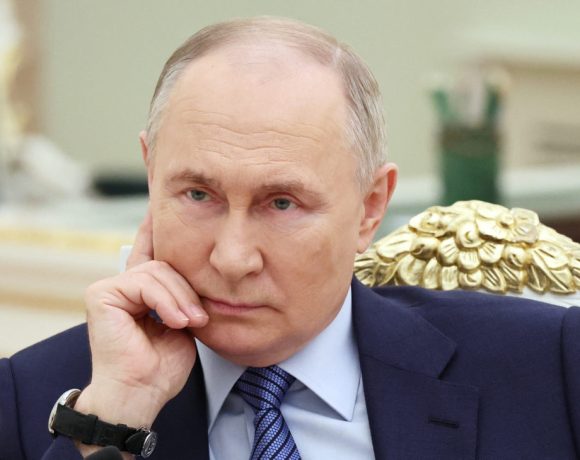
Taiwan Asserts Sovereignty Amid China’s Claims
Taiwan’s Foreign Minister Lin Chia-lung issued a strong statement on May 21, 2025, rejecting China’s claims over the island and affirming Taiwan’s right to define its own identity and political status. The declaration comes amid rising cross-strait tensions and renewed diplomatic offensives by Beijing to isolate Taipei internationally.
Taiwan Defends Its Sovereignty and Identity
In a press briefing marking the completion of one year under President Lai Ching-te’s administration, Foreign Minister Lin Chia-lung firmly stated that China does not have the authority to decide Taiwan’s status as a sovereign nation. He said:
“Whether or not Taiwan is a country is not up to Wang Yi, nor the People’s Republic of China, to say. The whole world sees us as a country. We choose our governments democratically. It is our business what our name is.”
The remarks were a direct response to recent assertions by Chinese officials, including Foreign Minister Wang Yi, who reiterated Beijing’s position that Taiwan is an inseparable part of China.
A Hand Extended Despite Hostility
Despite taking a firm stance, Lin also extended an olive branch, suggesting dialogue as a possible way forward. He expressed willingness to meet Wang Yi, stating:
“What the nature is of cross-Taiwan Strait relations can be discussed, but we are all human. First, extend the hand of friendship. If he shook my hand, that would be a good start.”
However, Beijing has remained dismissive of such overtures. China continues to brand Taiwan’s leadership as “separatist” and has ramped up military exercises near the island, including frequent incursions by fighter jets and warships into Taiwan’s air defense identification zone (ADIZ).
China’s Stance and International Roadblocks
China views Taiwan as a breakaway province and has consistently used its global influence to block Taiwan’s participation in international organizations. This week, member states of the World Health Organization rejected a proposal to allow Taiwan to participate as an observer in the annual assembly, reflecting Beijing’s continued success in stifling Taiwan’s international recognition.
These developments occur in the broader context of China’s increasing assertiveness on the world stage, particularly regarding its claims over territories in the South China Sea, Hong Kong, and Taiwan.
Taiwan’s Historical and Legal Position
Taiwan, officially the Republic of China, has operated independently since 1949, when the nationalist government retreated to the island following defeat in the Chinese civil war. Though it lacks formal diplomatic recognition from most countries due to the One-China Policy, Taiwan maintains robust democratic institutions, a thriving economy, and de facto independence in all but name.
Successive governments in Taipei have maintained that only the people of Taiwan have the right to decide their future — a position echoed by the current administration. Lin’s comments are part of a broader campaign to assert Taiwan’s identity on the global stage in the face of mounting Chinese pressure.


















